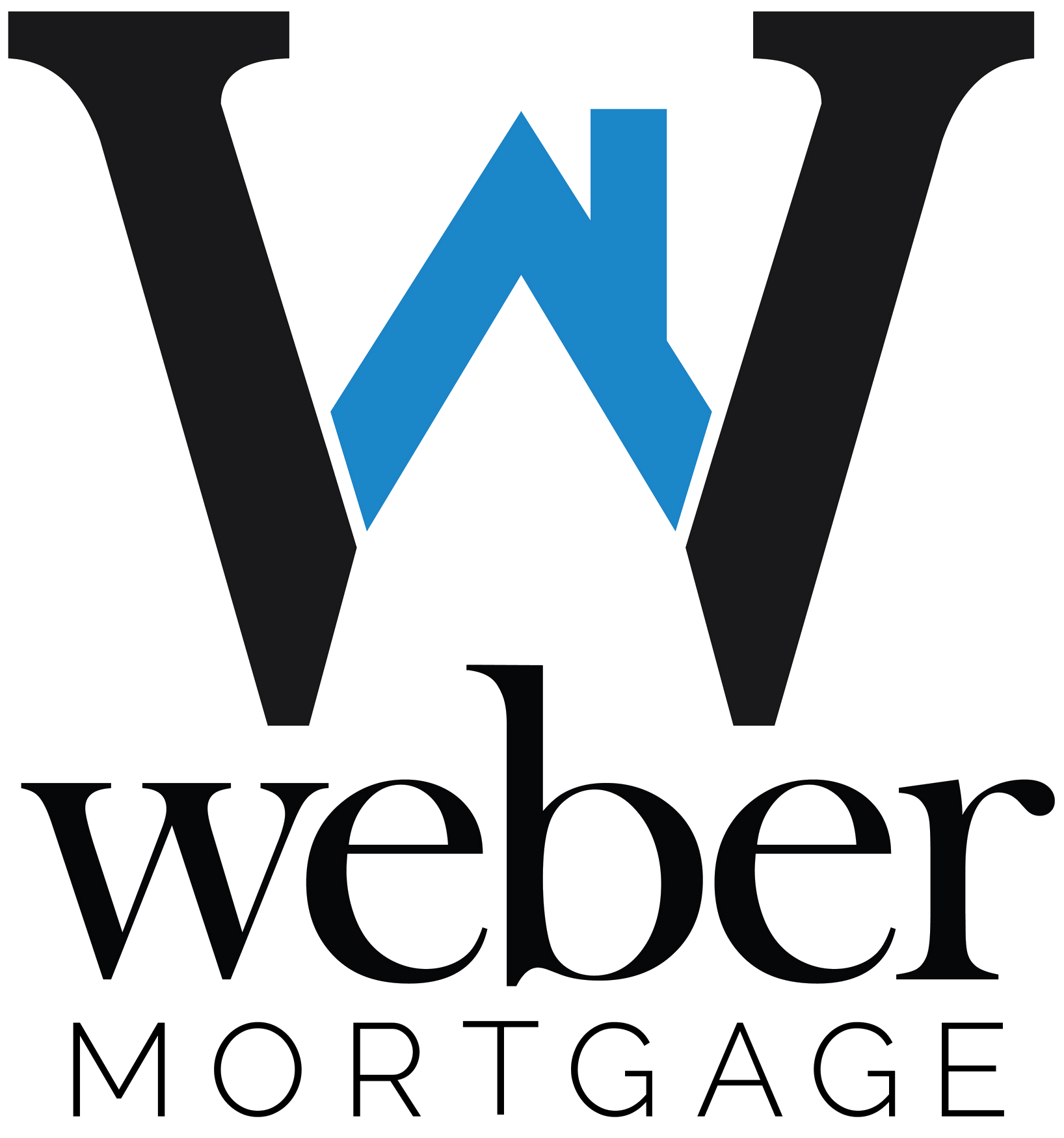How to Use Gift Funds for a Down Payment Buying a home comes with plenty…
Pay Off My Mortgage Early or Invest?
Should I Pay Off My Mortgage Early or Invest?
How to Make the Right Choice for Your Financial Goals
Owning a home is a significant milestone, but it often comes with an important question: “should I pay off my mortgage early or invest”? The answer depends on your financial goals, current mortgage terms, and the investment options available to you. In this blog post, we’ll break down the pros and cons of each approach and give you tools to make the best decision for your situation.
1. The Case for Paying Off Your Mortgage Early
For many homeowners, the idea of being debt-free is incredibly appealing. Here’s why paying off your mortgage early could be the right choice:
- Emotional Security: Owning your home outright means no monthly mortgage payments, giving you peace of mind, especially during economic uncertainty or retirement.
- Guaranteed Savings: By paying off your mortgage early, you save on interest over the life of the loan. This is especially beneficial if your mortgage has a higher interest rate than current savings account or investment returns.
- Cash Flow Freedom: Once your mortgage is paid off, you free up a significant chunk of your monthly budget for other goals or expenses.
- Risk Aversion: Eliminating debt means you’re not vulnerable to market fluctuations or financial downturns.
When This Makes Sense:
- Your mortgage rate is relatively high (e.g., above 5–6%) and refinancing isn’t an option.
- You’re close to retirement and want to reduce monthly expenses.
- You lack risk tolerance or have no desire to actively manage investments.
2. The Case for Investing Instead
On the flip side, investing your extra funds instead of paying off your mortgage early could help you build more wealth over time. Here’s why:
- Higher Potential Returns: Historically, stock market returns have outpaced mortgage rates. If your mortgage interest rate is low (e.g., 3–4%), investing could yield a better return.
- Liquidity Benefits: Investments in stocks, bonds, or even real estate are more liquid than home equity. This means you can access your money more easily if needed.
- Tax Advantages: Mortgage interest is often tax-deductible, especially for higher-income households. Keeping the mortgage allows you to benefit from these deductions while growing investments.
- Opportunity to Diversify: Instead of putting all your money into your home, investing allows you to diversify your assets and balance your portfolio.
When This Makes Sense:
- Your mortgage rate is low, thanks to recent refinancing or favorable terms.
- You have a long time horizon to let investments grow (10+ years).
- You’re comfortable taking on some level of risk for higher returns.
3. Questions to Ask Yourself
Not sure which option is better for you? Start by asking these key questions:
- What’s my current mortgage interest rate? If it’s below 4%, investing may be the better choice. If it’s above 5%, paying off the mortgage could make more sense.
- Do I have high-interest debt? Pay off credit cards or personal loans first—they cost more in the long run.
- How’s my retirement savings? If you’re behind, focus on maxing out contributions to accounts like 401(k)s or IRAs before accelerating your mortgage payments.
- Do I have an emergency fund? If not, prioritize building 3–6 months of living expenses in savings before pursuing either option.
- Am I on track with other financial goals? If you’ve checked off other priorities, like saving for your child’s college or funding a dream vacation, you might have more flexibility.
4. The Hybrid Approach: Balance Both
You don’t have to choose one path exclusively. Many homeowners find success by splitting their extra funds. For example:
- Allocate 50% of your surplus to making extra mortgage payments and 50% to investments.
- Contribute to investments during market downturns and focus on the mortgage when returns are lower.
- Use periodic windfalls (e.g., tax refunds, bonuses) to chip away at the mortgage while still investing regularly.
5. Real-Life Example
Let’s say you have $20,000 in extra funds this year. Your current mortgage rate is 3.5%, and you’re considering either paying down your loan or investing in a stock portfolio that averages a 7% return annually.
- If you pay off the mortgage early: You’d save 3.5% on interest, which is guaranteed.
- If you invest instead: You could potentially earn 7% but with some risk.
Over 10 years, the investment could grow significantly, but only if market conditions remain favorable. Compare these potential outcomes using an online calculator or by consulting with a financial advisor.
Conclusion:
Ultimately, the decision to pay off your mortgage or invest depends on your unique financial situation, goals, and risk tolerance. Both strategies have merit, and the right choice may be a combination of the two.
If you’re unsure about your best move, let’s talk! At Weber Mortgage, I specialize in helping clients make informed decisions about their home financing and broader financial goals. Call or message me today to discuss how we can create a strategy that works for you. 🏡✨





